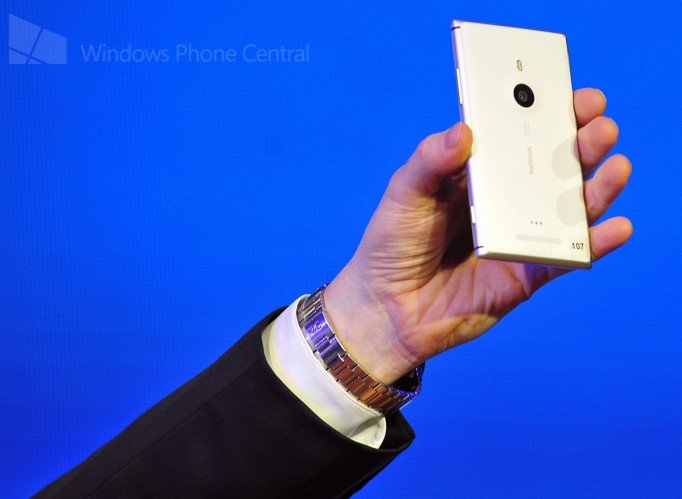IBM seeing growing enterprise demand for Windows Phone

Despite its steady rise in market share, and even surpassing Blackberry as the number three mobile ecosystem in the U.S., Windows Phone is still facing an uphill climb in the consumer smartphone arena. However, according to IBM, interest in Windows Phone is growing much faster amongst its enterprise customers than it is with consumers.
In an interview with RedmondMag, Jim Szafranski, senior VP of customer platform services at IBM's Fiberlink unit, said that many of his enterprise customers would prefer to use Windows Phone in their environments. The main reason, he says, is consistency. Microsoft dominates in the business infrastructure world, be it with Windows, Active Directory, Exchange, Dynamics, or Office.
Since Windows Phone integrates so seamlessly with its other Microsoft brethren, IT departments throughout the enterprise landscape would prefer to use that, rather than try to make the iOS and Android square pegs of the world fit the round hole that is Microsoft architecture.
"IT likes Microsoft and likes Windows. They've made a lot of investment in things like Active Directory and Exchange and as a result they have a lot of interest in seeing Windows Phone used by employees. I don't think anyone is going to be all Windows on mobile, but enterprises do want it and I think they have a strong opportunity when it comes to the enterprise side of purchase decisions," said Szafranski.
We’ve seen one such decision, with Delta Airlines rolling out Microsoft Surface 2 tablets to its flight crews to save fuel and Nokia Lumia 820 phones to its flight attendants for in-air purchases. They also recently upgraded many of those Lumia 820s to Lumia 1520s in order to better mesh with their Microsoft Dynamics retail purchasing system, increasing the functionality of their flight attendants.
In addition, Windows Phone supports enterprise-geared features, including secure boot protocols, data compartmentalization (aka, sandboxing) and data encryption. These are all necessary elements of one of the hottest trends in business IT, mobile device management (MDM). This is what IBM’s Fiberlink unit is dedicated to.
So while Windows Phone continues to lag well behind Apple and Android with everyday consumers, it has a real opportunity to catch on in the business world. Blackberry, once the go-to mobile business device, has all but disappeared, leaving room for a new standard to step in. And perhaps employees get fashioned with new Windows Phones and decide they actually like them, leading them to consider them for personal use as well.
Sure, it’s not going to happen overnight, or maybe at all, but the possibility is there. Microsoft just needs to continue to seize the opportunity.
All the latest news, reviews, and guides for Windows and Xbox diehards.
Source: RedmondMag; Via: TechRadar

Seth Brodeur is a former contributor for Windows Central, covering Windows 10, Windows Phone, and more.
